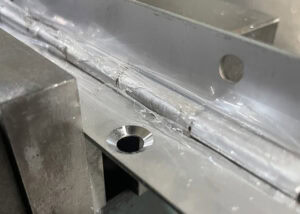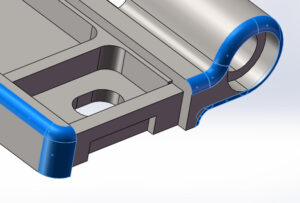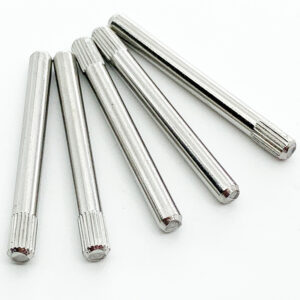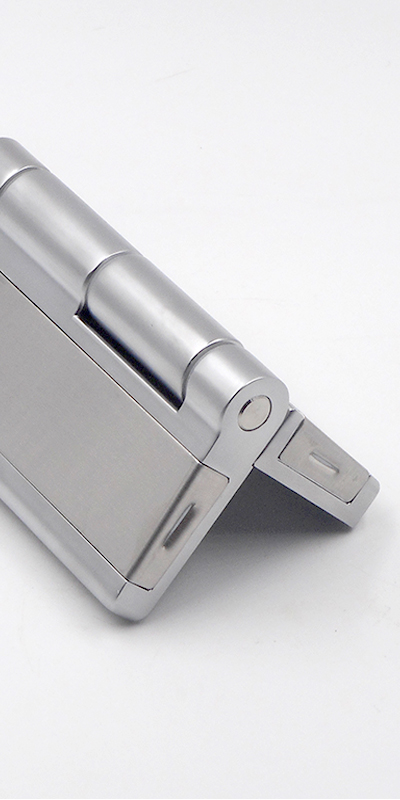Salt spray chambers are an essential tool for testing the resistance of materials and coatings against corrosion. These chambers replicate harsh environmental conditions by exposing test specimens to a salt spray mist, which can accelerate the corrosion process. Salt spray chamber hinges play a critical role in these tests, and their durability and resistance to corrosion are of utmost importance.
In this essay, we will discuss salt spray chambers, salt spray chamber hinges, the ideal material for these hinges, how to ensure their resistance to corrosion, how often to replace them, their ideal size, and special maintenance requirements.
What is the salt spray chamber?
A salt spray chamber is a test chamber that simulates harsh environmental conditions in order to evaluate the resistance of materials and coatings against corrosion. It consists of a sealed chamber, a temperature control system, and a salt solution spray system that produces a fine mist of saltwater. Test specimens are placed in the chamber and subjected to the salt spray mist, which accelerates the corrosion process. This allows researchers to evaluate the effectiveness of different coatings and materials in resisting corrosion.
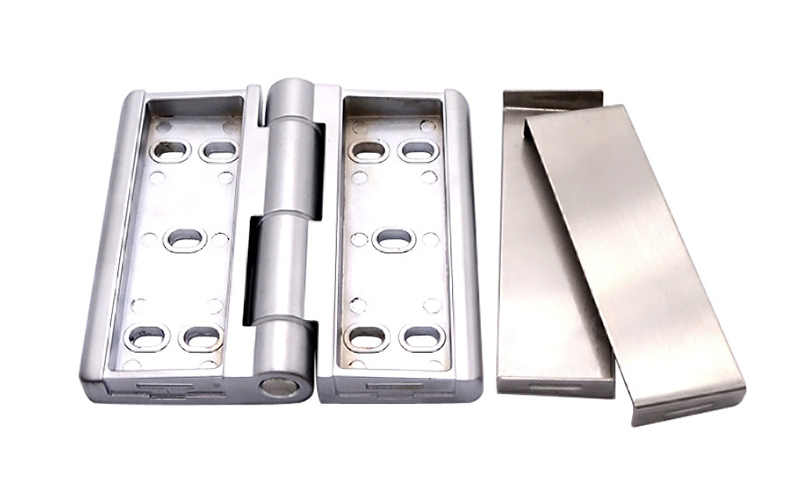
What are the salt spray chamber hinges?
Salt spray chamber hinges are the components that allow the door of the chamber to open and close. They play a critical role in ensuring that the chamber remains sealed and that the test specimens are not exposed to external factors such as moisture, air, or contaminants. The industrial butt hinges are subjected to the same harsh environmental conditions as the test specimens, which can result in corrosion and failure of the hinges.
What kind of material is best for salt spray chamber hinges?
The best material for chamber hinges is stainless steel. Stainless steel is highly resistant to corrosion and can withstand the harsh environmental conditions of the salt spray chamber. It is also durable and strong enough to support the weight of the chamber door. Other materials that are sometimes used for chamber hinges include brass and aluminum, but these materials are not as corrosion-resistant as stainless steel. IHINGES’ stainless steel industrial hinges are the strongest and most corrosion-resistant of all hinges.
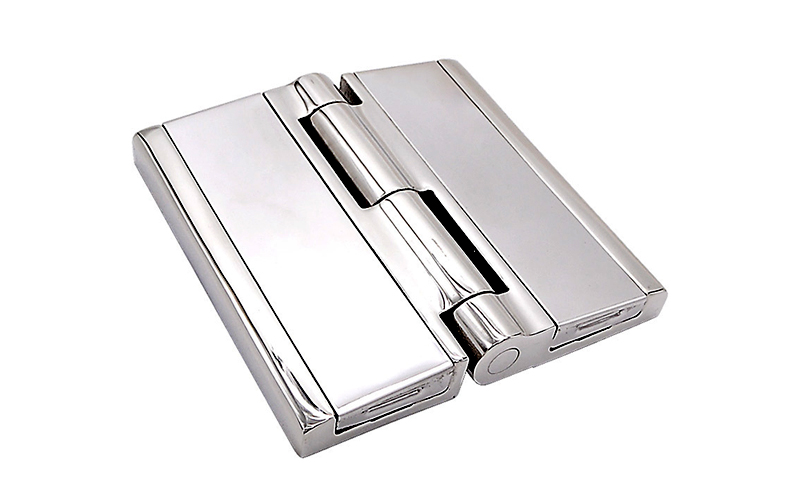
How do I ensure that my salt spray chamber hinges are resistant to corrosion?
To ensure that salt spray chamber hinges are resistant to corrosion, they should be made of high-quality stainless steel. The stainless steel should be of a grade that is specifically designed for use in harsh environments, such as marine environments, where exposure to saltwater is common. Additionally, the hinges should be designed and manufactured to meet specific industry standards and specifications for salt spray chambers.
How often should I replace the hinges on my salt spray chamber?
The frequency with which hinges should be replaced depends on several factors, including the type and quality of the hinges, the frequency and duration of use of the chamber, and the specific environmental conditions in which the chamber is used. However, as a general rule, it is recommended that spray chamber hinges be replaced every 1 to 2 years to ensure their continued durability and resistance to corrosion.
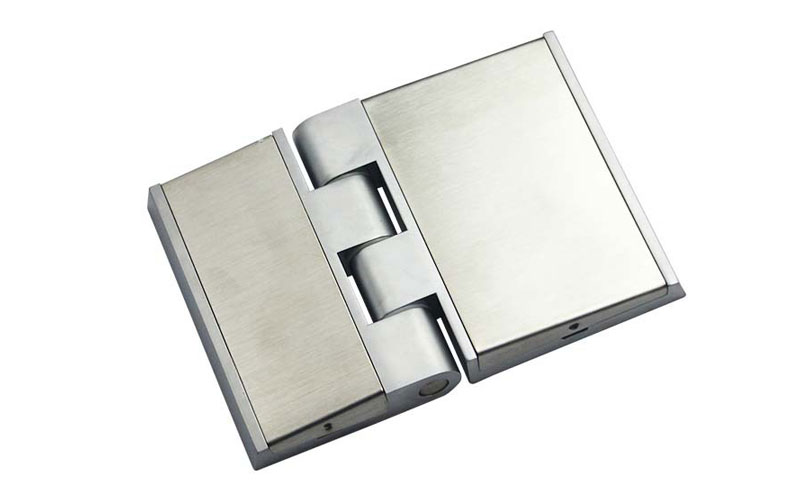
What is the ideal size for salt spray chamber hinges?
The ideal size for chamber hinges depends on the size and weight of the chamber door, as well as the specific industry standards and specifications for salt spray chambers. The butt hinges should be strong enough to support the weight of the door and should be sized and positioned to ensure a tight seal between the door and the chamber frame.
Are there any special maintenance requirements for chamber hinges?
Salt spray chamber hinges require regular maintenance to ensure their continued durability and resistance to corrosion. This includes cleaning the hinges and the surrounding areas of the chamber to remove any salt buildup or contaminants. Lubrication of the hinges is also important to ensure smooth operation and prevent corrosion. It is also recommended to inspect the hinges periodically for signs of wear or damage and to replace them if necessary.
In my personal experience, these hinges are critical components of salt spray chambers that ensure that the door remains sealed and that the test specimens are not exposed to external factors. Stainless steel is the ideal material for these hinges due to its resistance to corrosion and durability. To ensure the hinges remain resistant to corrosion, they should be designed and manufactured to meet specific industry standards and replaced every 1 to 2 years. The ideal size for chamber hinges depends on the size and weight of the chamber door and industry standards. Regular maintenance is also necessary to ensure their continued durability and resistance to corrosion. In summary, proper selection, design, and maintenance of chamber hinges are crucial to obtaining accurate and reliable test results for evaluating the effectiveness of materials and coatings against corrosion.

